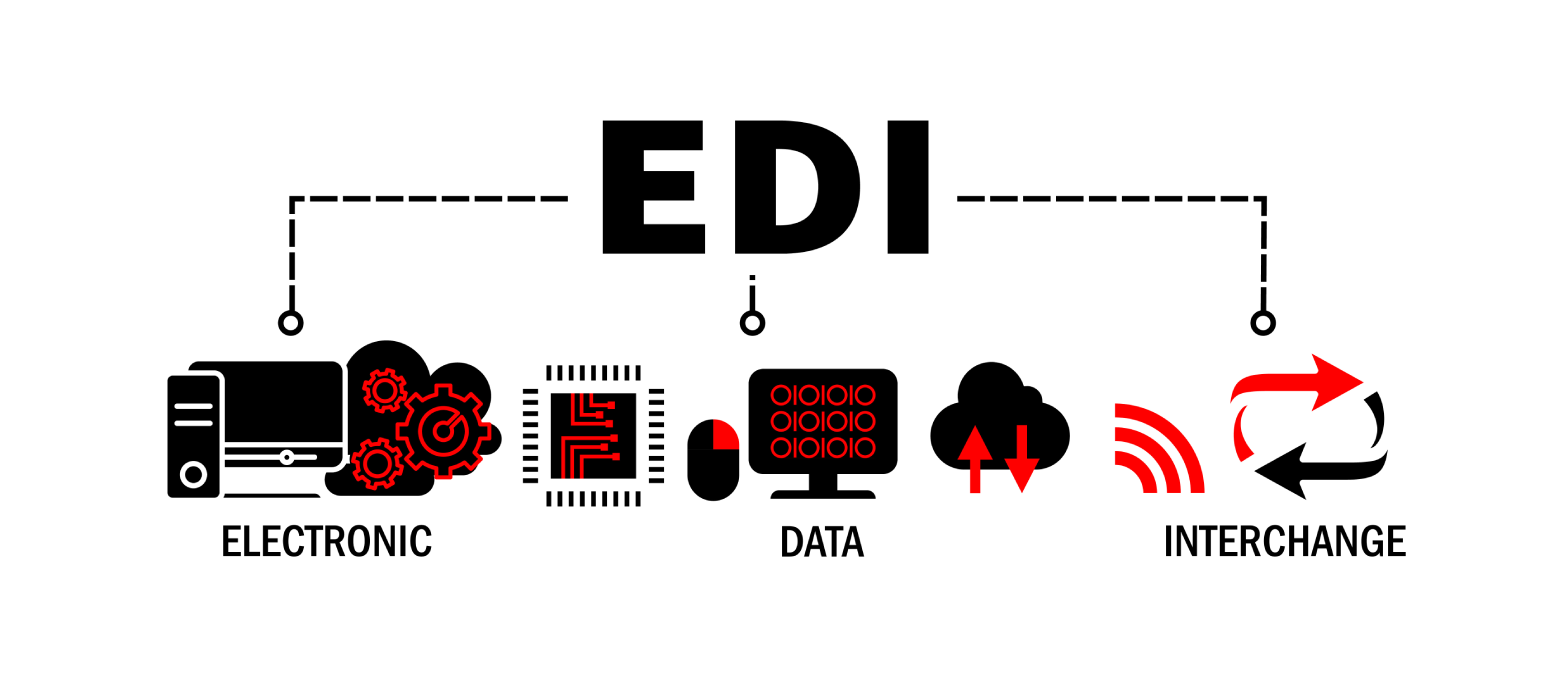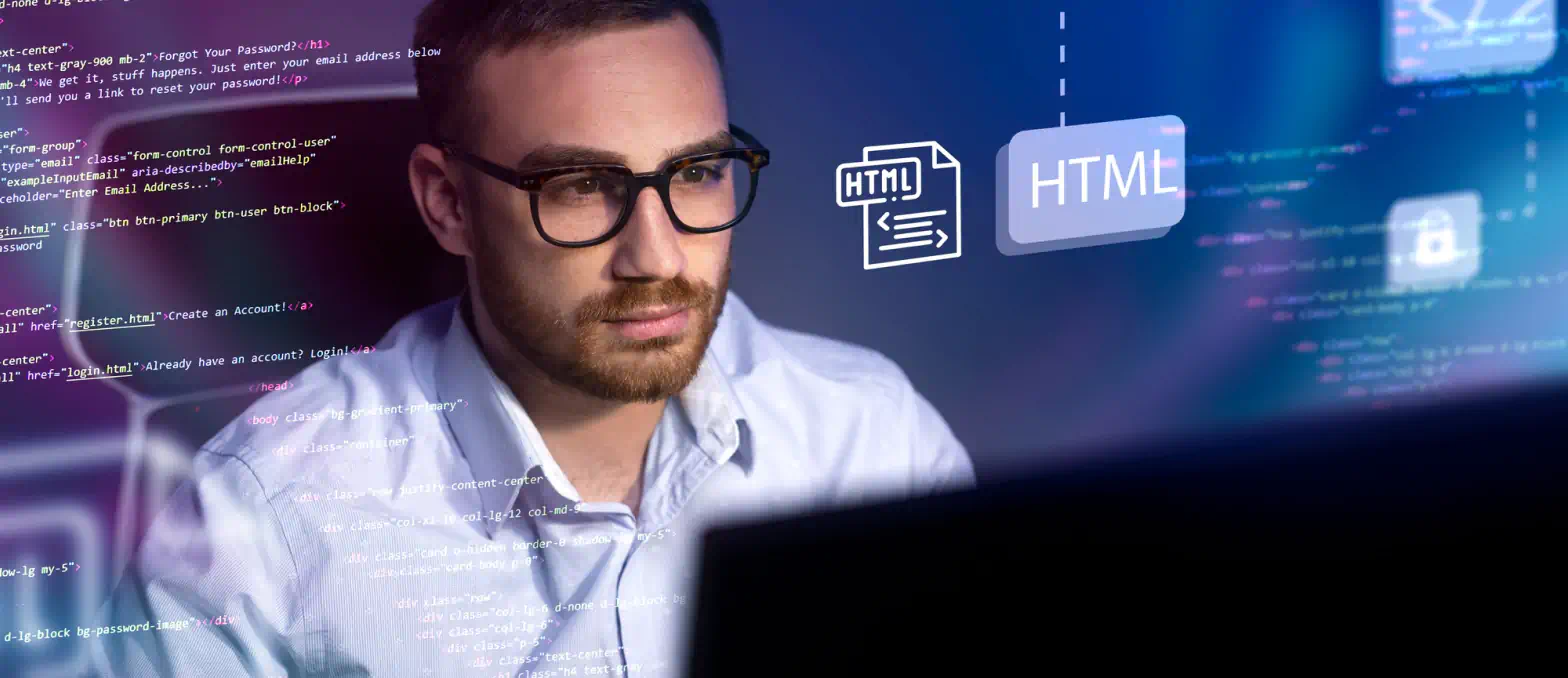Table of Contents
Current AI and IoT technologies are transforming everyday human activities and commercial sectors. Both AI and IoT create a forceful partnership that allows the IoT system components to obtain and exchange information, which AI transforms into automated responses leading to the right decisions. Knowing the difference between IoT and AI helps us maximize both technologies’ potential. Let’s get started with the market opportunity we have:
The consumer IoT market will expand at 8.8% annually until 2025 when it reaches USD 125 billion. This is all because of the rising demand for smart homes and wearable technologies. These markets grow due to recent AI technologies, enhanced connectivity features, and increased first-time buyer numbers.
By 2030, AI will contribute $15.7 trillion to the global economy. Meanwhile, the number of IoT-connected devices can exceed 32.1 billion and increase by more than 100% by 2030. This shows the fast expansion within different industry sectors. This will increase IoT and AI applications worldwide to solve bigger problems.
What is IoT?
IoT functions as a network that connects physical devices, such as smart and sensor appliances and industrial wearables. The things that comprise the IoT network transmit both data and information through internet connections. IoT devices gather live process information while enabling automatic control processes, smart choices, and system monitoring across different industries.
IoT has grown, with applications varying from healthcare and smart homes to manufacturing and smart cities.
3 major components of IoT:
Sensors and Devices – These collect data from the atmospheric surroundings, like temperature, pressure, location or motion.
Connectivity – IoT devices use Bluetooth and Wi-Fi together with 5G along with Zigbee to transmit the collected data.
Data Processing and Analytics – The processed data runs through the edge computing or cloud-based platforms, producing insights for automated responses.
Smart thermostats represents clear IoT implementation because they use all the real-time occupancy data to control the room temperatures.
One more sample is IoT in transportation. Vehicles also use it to improve navigation and maintain better engine health by constantly monitoring it.
IoT and AI functions in separate ways even though they appear together frequently. IoT vs AI does not represent the competition but works together as complementary components. IoT provides data to AI that carry out its analysis and corresponding actions.
So, is AI and IoT same?
No, but they both combine and work together to solve real-world problems.
Now let’s understand:
What is AI?
The ability of machines to imitate human intelligence at nearly every level through Artificial Intelligence constitutes the fundamental definition of this technology. This technological revolution helps industries perform automated work while achieving operational efficiency and discovering hidden information beyond human ability.
“I believe AI is going to change the world more than anything in the history of humanity. More than electricity.”
Ray Kurzweil, Former Director of Engineering at Google
AI functions by running worldly algorithms together with ML models to analyze large volumes of data for projection purposes and result optimization. AI systems provide capabilities to examine images together with autonomous driving features, language processing and content recommendations that benefit various industries.
AI includes various categories, and each category brings different functional abilities to the table.
- Machine Learning (ML) – It allows algorithms to build up themselves through pattern recognition of data sets.
- Deep Learning – It represents a portion of ML through neural networks which enable the identification of images and speech alongside text processing.
- Natural Language Processing (NLP) – It represents an AI that inflate human language understanding and generation through mechanisms found in voice assistants and chatbots.
- Computer Vision – It is mainly outlined for security applications alongside autonomous vehicle industries and healthcare.
The correct understanding of IoT and artificial intelligence difference becomes important since both systems perform most effectively when combined rather than operated independently. AI enhances IoT applications through data actionability which results in a connected world that operates with intelligence.
Key differences between IoT and AI:
The knowledge about AI and IoT is important for anyone who wants to utilize these technologies properly.
| Aspect | IoT (Internet of Things) | AI (Artificial Intelligence) |
| Main Function | Link physical devices to gather and transfer data. | Analyzes data and makes decisions without any human involvement. |
| Dependency | AI helps to make sense out of collected data. | It functions independently but does better when synced with IoT data. |
| Data Handling | Generates large quantities of data from devices. | Understands data to get insights and optimize workflows. |
| Examples | Sensors, smart wearables, and industrial devices. | Chatbots, predictive tools, finance forecasts, and autonomous vehicles. |
| Industry Usage | Smart homes, logistics, manufacturing, and healthcare | Finance, Sales, marketing, and robotics. |
| Computational Need | Cloud computing for data processing. | High computational power for machine learning models to work |
How AI and IoT Complement Each Other?
IoT in AI
- Continuous Data Collection: The continuous flow of data generated by these devices provides the real-world information to all the AI models through cameras and sensors. It helps these models become more well organized.
- Real-Time Insights: IoT data allows AI systems to detect malfunction and analyze trends during live operations, resulting in faster and smarter and smarter decisions.
- Expanding AI’s Reach: The IoT enables AI to reach new application areas since it allows the collection of data from a huge range of sources.
How AI Enhances IoT?
- Predictive Analytics: It uses IoT data that AI processes to detect industrial machine failures which decreases maintenance expenses and reduces operational stops.
- Automation & Decision-Making: AI empowers self-learning IoT systems, enabling the devices to make automatic adjustments in the settings. It is very close to the way smart thermostats improve energy consumption.
- Improved Security: AI performs device behavior investigated for IoT to discover security threats and stop unauthorized entry.
AI and IoT Examples
- Healthcare: Wearable IoT devices collect patient vital signs, which AI uses to identify suspected early medical conditions before they develop into diseases.
- Manufacturing: IoT sensors and AI functionality allow manufacturing units to detect impending machine failures beforehand so preventive maintenance becomes possible.
- Smart Cities: Optimization of traffic signals through AI and IoT to achieve safer traffic conditions and less congestion.
- Retail: IoT cameras examine the number and timing of customers, while AI customizes marketing strategies based on customer movement patterns.
Benefits of AI and IoT Integration
1. Predictive Maintenance & Reduced Downtime
AI systems linked to Internet of Things technology predict equipment failures, thereby minimizing unexpected maintenance costs and reducing equipment downtime.
Example: Manufacturers can supervise machine performance, which leads to planned, proactive maintenance that steers clear of breakdowns.
2. Enhanced Operational Efficiency
Through AI-driven automation businesses achieve efficiency gains and better resource management in addition to waste reduction.
Example: Smart buildings leverage artificial intelligence to examine IoT sensor information which automatically controls lighting, heating and cooling systems for optimized energy use and cost reduction.
3. Real-Time Decision-Making
AI and IoT allow system responses to happen immediately through the processing of active data, which produces more intelligent decisions.
Example: Electronic road sensors provided by IoT transmit real-time data to AI systems, which use this information to execute immediate driving actions that enhance vehicle security.
4. Improved Customer Experiences
The analysis of IoT-generated data through artificial intelligence allows the business operations to provide tailored services according to individual usage patterns.
Example: IoT cameras coupled with AI sensors in retail operations follow shopper activities to help stores arrange product locations while generating customized advertisement programs.
5. Stronger Security & Threat Detection
The analysis of IoT data patterns through AI systems helps the security team detect potential cyber threats early so they cannot cause substantial damage.
Example: AI systems use real-time network monitoring of IoT networks to detect irregular activities that lead to data breach prevention.
6. Scalability & Smart Automation
AI helps IoT systems efficiently scale their operations by adapting to new data entries without depending on human supervision.
Example: Smart cities employ AI algorithms to process data from IoT cameras, resulting in better signal automation capabilities and enhanced traffic management.
“The Internet of Things represents the next big wave of technological change, and it will revolutionize the way we live, work, and play.”
— Mark Zuckerberg, CEO of Facebook
Challenges in IoT and AI Integration
1. Data Overload & Processing Complexity
Different IoT devices produce enormous data volumes every second. Getting correct predictions from AI models depends on structured and high-quality data, although filtering useful data insights from unprepared data proves to be a significant challenge.
Example: The IoT sensors within smart cities acquire real-time data points about traffic flow, air quality, and energy usage levels. Instant data analysis and execution require AI to work within optimized data processing systems.
2. Security & Privacy Concerns
As the number of IoT devices increases, hackers who exploit AI systems that manage sensitive information are more likely to launch cyber attacks.
Example: The breach of an AI-operated IoT security camera might enable uncertified entry, which threatens security of business assets and homes. Operating businesses must implement strong security systems and authentication measures to stop reliability intrusions.
3. Integration & Interoperability Issues
Multi-device IoT and multiplatform environments use different networking methods which leads to major difficulties during integration attempts. An efficient AI system needs to understand data which enters from various sources.
Example: AI can analyze industrial IoT production, but it becomes complicated because different manufacturers use incompatible data formats in their machines.
4. High Implementation Costs
The deployment of AI and IoT solutions requires substantial investments in hardware and software components as well as cloud infrastructure installation. Advanced AI-driven IoT solutions tend to exceed budgetary limits for small businesses and those classified as mid-sized.
Example: Running AI predictive maintenance in manufacturing operations using connected sensors, cloud technology, AI algorithms, and qualified personnel adds further expense to the operation costs.
5. Limited AI Model Accuracy
AI depends on suitable training data for operation, while inaccurate or skewed IoT information can trigger wrong predictions from the system.
Example: AI systems in healthcare examines incorrect data from IoT wearables, which results in early disease detection failures that may produce misdiagnosis.
6. Power & Bandwidth Constraints
Low-power IoT equipment poses problems for AI processing because of its needs for extensive real-time computational abilities.
Example: The solution comes from Edge AI, which carries out IoT data management directly on device hardware, thus minimizing cloud dependencies. However, it needs high performance-enhancing AI model optimization.
Real-World Use Cases of IoT and AI Together
Some real-world AI and IoT use cases to understand these tech better:
1. Predictive Maintenance in Manufacturing
Manufacturing industries can depend heavily on AI operations to reduce equipment downtime and improve production. Continuous machine condition assessment through IoT sensors, together with AI robotics, analyzes the data to detect anomalies before forecasting machinery breakdowns.
Example: General Electric (GE) uses IoT and AI to predict operation or machine failures before they happen. This reduces downtime by up to 30% and cuts maintenance costs significantly.
2. Smart Healthcare and Remote Patient Monitoring
It has resulted in significant advancements in patient treatment approaches, medical diagnosis capabilities, and disease management strategies in healthcare. It enables the processing of heart rate data, blood pressure readings, and oxygen level measurements, which help detect early health risks.
Example: The Philips HealthSuite platform uses IoT and AI capabilities to track patients from home and automatically detect cardiac arrest signs early. It sends instant alerts to medical personnel, thus increasing survival rates by 25% in certain situations.
3. AI-Powered Smart Cities
Smart city networks use AI-controlled IoT systems to better manage transportation flow, energy usage, and waste disposal systems. The system consists of IoT devices obtaining data from traffic signals, air quality monitors, and surveillance cameras so that AI can process patterns to enhance urban conditions.
Example: Barcelona succeeds in decreasing congestion by 21% through AI-driven IoT traffic sensors, and this minimizes energy consumption by 30% through optimization of streetlights according to the foot movement information.
4. Autonomous Vehicles and Smart Transportation
Smart transportation systems and self-driving cars take support from AI and IoT applications extensively. IoT sensors collect important data about all the environmental factors, like weather and vehicle movement, which is fed into the AI engines to inform fast and strong decision-making and utter navigation behavior.
For example, the Autopilot system from Tesla, which deployed the IoT-enabled radar sensors and cameras, restores AI algorithms to enhance safety and makes traffic-driving decisions in milliseconds, which minimizes accident rates by 40%.
5. AI-Powered Smart Retail
Retailers are progressively taking advantage of the IoT and AI to enhance customer experience and improve store security. AI will use the data collected from the IoT-enabled cameras, beacons, and smart shelves to process consumer behavior, sales trends, and the foot traffic.
For example, Amazon Go stores are equipped with IoT-powered checkout systems that monitor what an individual purchased in real-time. The AI determines what item was removed from a shelf, automatically bill the individual with no checkout needed and eliminates long lines, leading to a 30% efficiency gain.
6. Precision Agriculture and Smart Agriculture
The uses of AI and IoT in agriculture to transform crop monitoring, monitor weather, and pest control will contribute to the reconfiguring of modern agri-business. The IoT sensors collect real-time data on soil moisture, temperature, and nutrients and share that information with AIs that drive the farming operation responses.
Example: John Deere’s smart tractors use computer vision technology and IoT sensors to identify weeds, enabling a targeted pesticide application, which leads to up to 90% reduction of cost savings, pesticides, and improving sustainability.
Conclusion
If we look into the future, Internet of Things and AI is more likely to bring even more advancements, particularly as edge AI computing, 5G, and autonomous systems become more integrated. Businesses that grasp AI-driven IoT automation solutions will have a challenging edge over their challengers by driving down costs, achieving efficiencies, and optimizing user experiences.
At A3Logics, we specialize in IoT application development services scaled for your organization. Whether you’re looking to execute AI driven IoT analytics, predictive maintenance, smart automation, or AI-driven conversation agents, our team can help navigate this complexity for your organization.







